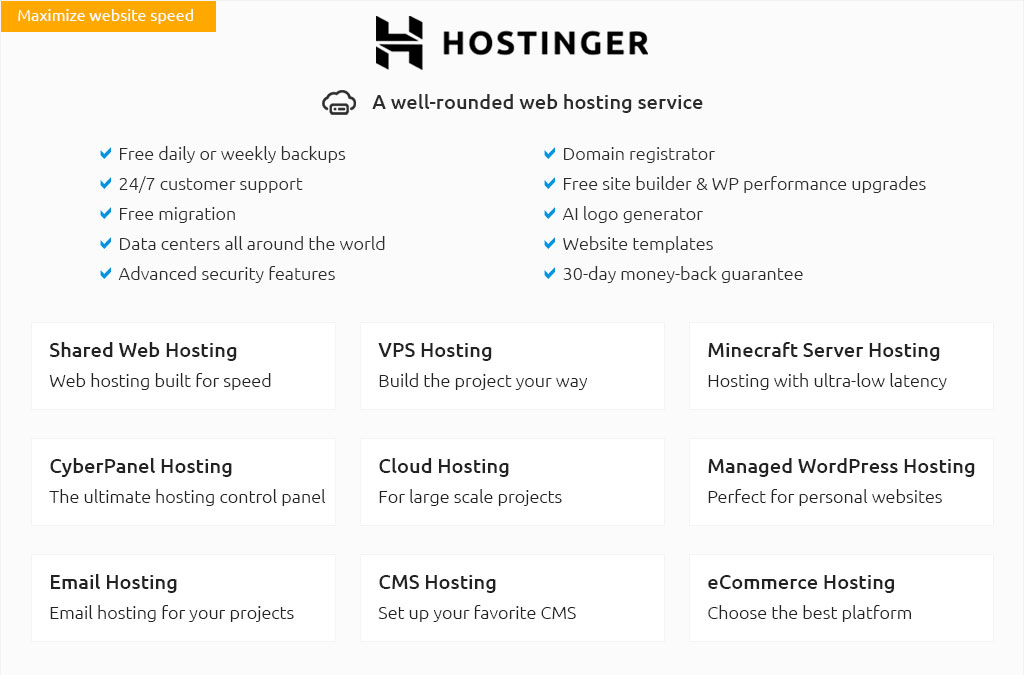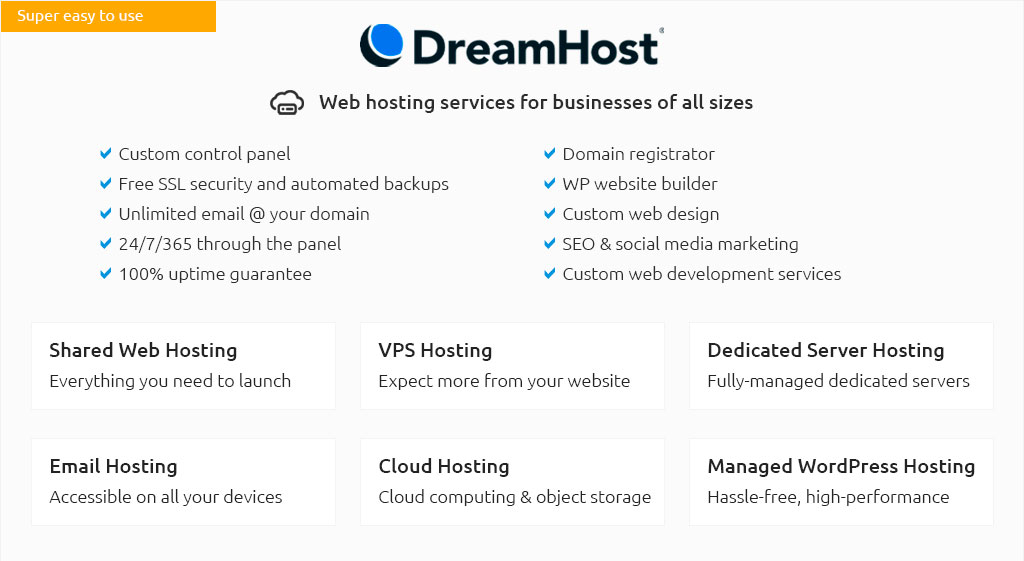 |
|||
 |
 |
 |
|
 |
|
 |
 |
 |
|||
 |
|||
 |
|||
 |
|||
 |
|||
 |
|||
 |
 |
Understanding Servers for Web Hosting: The Backbone of Your Online PresenceWeb hosting is an essential component of the internet, enabling individuals and organizations to make their websites accessible to users worldwide. At the core of web hosting are servers, powerful machines dedicated to storing and delivering the files that make up your website. Types of Web Hosting ServersShared Hosting ServersShared hosting involves multiple websites residing on a single server. It is a cost-effective solution for small businesses and personal websites. However, performance can be affected if other sites on the server experience high traffic. Virtual Private Servers (VPS)VPS hosting is a step up from shared hosting, offering more resources and greater control. It is ideal for growing websites that need more flexibility. For example, ssd vps hosting provides faster speeds and enhanced reliability. Dedicated ServersDedicated servers are reserved for a single client, providing maximum performance and control. They are suitable for large businesses or websites with significant traffic demands. Key Features to Consider
Benefits of Using the Right Web Hosting ServerChoosing the appropriate server for your web hosting needs can significantly impact your website's performance, security, and scalability. Understanding these benefits helps you make informed decisions for your online presence. Improved PerformanceWith the right server, your website can handle more traffic, load faster, and provide a better user experience. Enhanced SecurityDedicated security features protect your site from threats and ensure your data remains safe. ScalabilityAs your business grows, a suitable hosting server can scale resources to accommodate increased demand. FAQWhat is the difference between shared hosting and VPS?Shared hosting involves multiple websites sharing a single server's resources, while VPS hosting provides a dedicated portion of a server's resources, offering more control and better performance. How does server location affect website performance?Server location can impact website speed and performance. Choosing a server closer to your target audience can reduce latency and improve load times. https://www.interserver.net/
InterServer offers managed web hosting, Cloud VPS, dedicated servers, and colocation with 24/7 support and competitive pricing. https://www.cloudways.com/en/
Choose from WordPress, Magento, Laravel, or PHP apps, all optimized to the max, and host them on top cloud servers like DigitalOcean, Google Cloud, or Amazon ... https://www.greengeeks.com/
Looking for the best web hosting provider? You can trust GreenGeeks. We are the leading provider of green energy web hosting services.
|